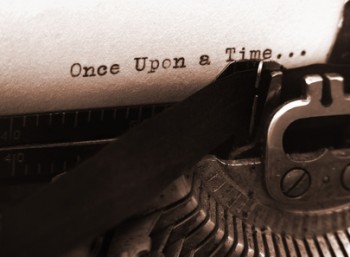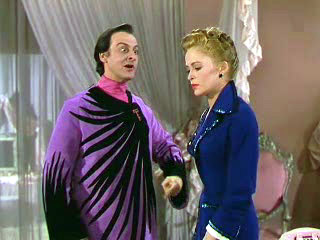For those of you who aren’t super familiar with the publishing industry, here’s the way one goes about getting a novel traditionally published: One, write a book. Two, find yourself a talented literary agent with connections to plenty of editors and publishers. Three, cry yourself to sleep every night until your agent lands you a book deal. Voila! New York Times bestseller list, here we come!
Now, if you aren’t particularly good at picking up on internet sarcasm, I’ll let you in on a little secret: that process isn’t as easy as it sounds. And even if you’ve written a book (or two…or three) and polished it until it prances and tosses its clever little head like a well-groomed show pony, you still have to find yourself a literary agent. That’s where the dreaded query letter comes in.
A query letter is basically a single page letter from a completely unknown author to a very busy literary agent who receives approximately one bajillion query letters every day. The letter must hook the agent’s attention, then quickly sum up the main characters in the novel, what they want, how they intend to get it, who or what is standing in their way, and what will happen if they don’t succeed. The query must deftly encapsulate not only the central conflict of the novel, but also display world-building, character development, and reflect the tone and voice of the book. Finally, it must be personable, professional, and interesting. All in just about 250 words. Sound like fun?
I didn’t think so. Some people might enjoy writing query letters, but those people are not me. A single page summary of a novel may not seem like a big deal, but when you consider that a query letter is the very first impression an agent or editor will have of a writer and their manuscript, the situation quickly becomes more dire. Even if you’ve spent months or even years perfecting your manuscript, if your query letter isn’t up to snuff no one will ever take a second glance at your carefully written pages. Doesn’t matter if it’s the next Great American Novel–if it isn’t also the Great American Query Letter you’re nowhere.
But that’s not even the worst part: the worst part is that no one knows how to write the perfect query letter. Oh, there are miles and miles of advice about what not to do, but when asked, most agents can’t even articulate what exactly makes a great query letter great. A je ne sais quoi; some indefinable spark; a magical quality; a pair of ghostly hands that appear and stroke your cheeks: no one can quite put their fingers on what makes a bombtastic query letter go boom. And even more infuriatingly? Sometimes agents admit that their favorite query letters were the ones that broke all the rules. Yes, you read that correctly: there are rules for query letters, but sometimes the only way to craft a great one is to break those rules. It’s like a Seussian torture chamber.
So lend me your sympathy as I tread the waters of query letter writing. Because who knows where I’ll end up.
How do you get through query letter writing purgatory? Leave your thoughts in the comment section below!


0 Comments